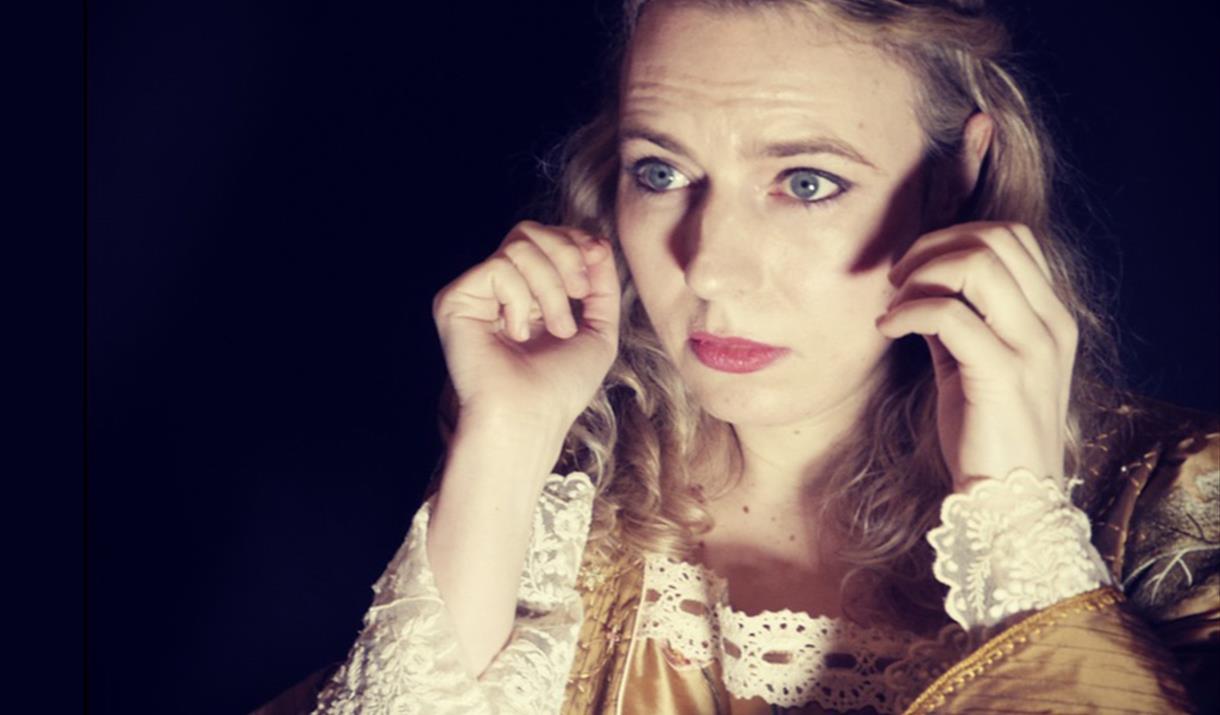
À propos de
From the Creative Team of Lantern Light's highly acclaimed 'A Christmas Carol' and 'Miss Sherlock Holmes' comes a spine-chilling new show for Autumn/Winter 2021/22 – a double bill of classic Victorian Ghost Stories, adapted for stage by veteran writer Sophie Flack and with a new musical score by composer and sound designer Dan Skelt.
As Autumn leaves started to fall and Winter approached, Victorians would gather around the fire and tell scary stories, shutting out the cold and the dark, reconnecting with family and friends over terrifying tales. Both a reminder of the ever closeness of death and a celebration of the survival of life, these stories proliferated in the penny press and periodicals.
One of the most popular of these was 'Number Two, Melrose Place' by Theo Gift (the pen name of Dorothy Havers) a writer whose was sponsored by Dickens himself. Her claustrophobic and terrifying tale serves as a timely warning to be wary of underpriced rental properties – particularly those with sinister servants! And it asks us – are the monsters outside, or are they within? Reminiscent of Stephen King's "Misery" and "American Gothic" by Shaun Cassidy", our composer has created a new musical score, using period string and wind instruments, but incorporating a feel of contemporary horror movies – linking the themes of the story to the modern day.
'The Fall of the House of Usher' is perhaps Edgar Allan's Poe's most famous story – a gothic masterpiece and exploration of the themes of loneliness, isolation, fear, madness and the relationship between the body and the soul. Something which after a year of lockdown we can all identify with. In our gender-switched production, the melancholy and terrified Rayne Usher sends a desperate letter to her childhood friend – begging her to come at once:
"I fear that the period will sooner or later arrive when I must abandon life and reason together, in some struggle with the grim phantasm, FEAR…"
Our gender-switched casting, emphasises the universal appeal of Poe's characters and is an opportunity for audiences to see female characters portrayed as complex, strong, dynamic, weak, flawed, multi-faceted human beings, dealing with all the overwhelming existential questions which any male character may ask. The ornate descriptive detail and the presence of the house within the short story, is translated to stage with a specially created soundscape – embodying the feel of the house itself as a living, breathing entity within the play.



 et ajoutez une destination à votre panier.
et ajoutez une destination à votre panier. 









